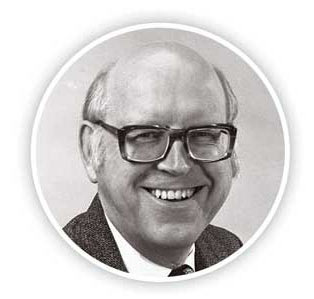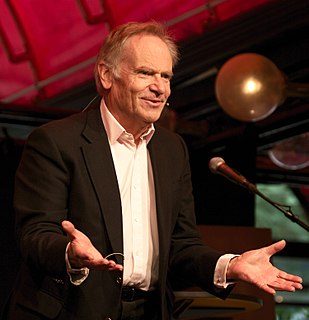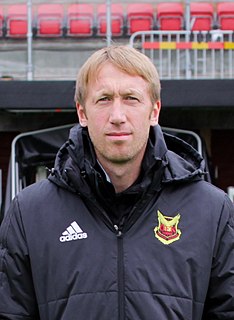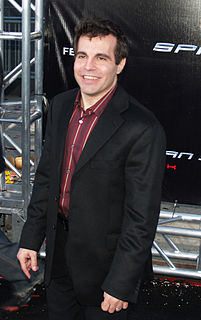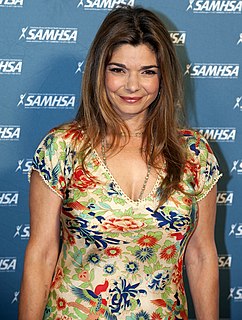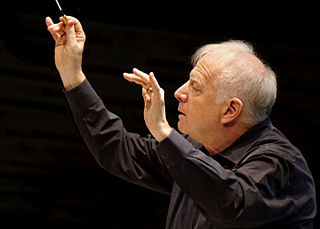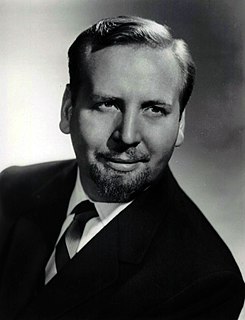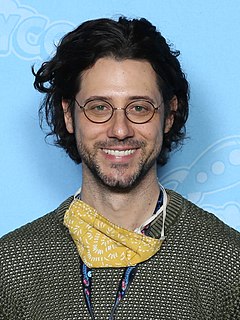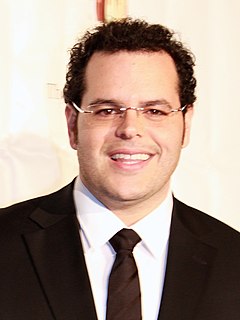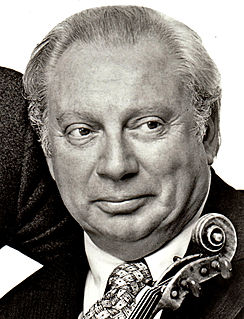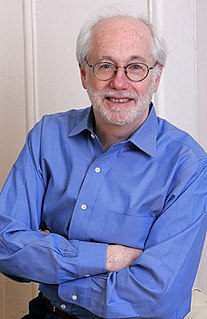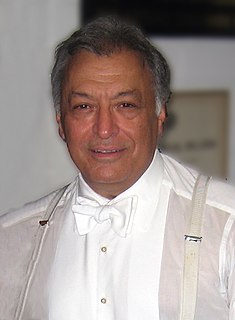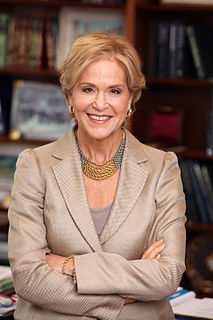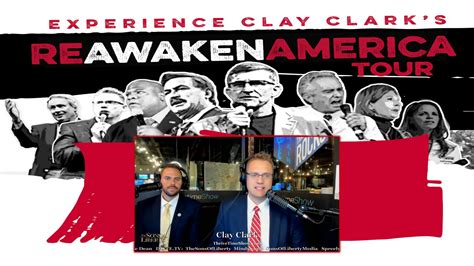Top 142 Carnegie Quotes & Sayings - Page 2
Explore popular Carnegie quotes.
Last updated on December 18, 2024.
In joint scientific efforts extending over twenty years, initially in collaboration with J. C. Shaw at the RAND Corporation, and subsequently with numerous faculty and student colleagues at Carnegie-Mellon University, they have made basic contributions to artificial intelligence, the psychology of human cognition, and list processing.
If you look back at history, [Dale ] Carnegie highlighted the need for libraries to be a place where everyone could go to read if you didn't have access to books. Philanthropy can be a place that'll take a risk or point to areas to make sure they are the right government investments to reduce inequalities.
My second epiphany came as an intern at the Carnegie Endowment for International Peace. The man I worked for was consumed with what was going on in Bosnia. And the more I knew [about it] the more saddened I was. There were these images of emaciated men behind barbed wire.... It was like, I've got to find a way to do something.
The 'snakebot', which is a type of mechanized, biologically inspired robot, itself has roots in Japanese laboratories of the 1970s. What the team at Pittsburgh-based Carnegie Mellon is doing today under professor Howie Choset is making the 'snakebots' stronger, smaller, and more maneuverable than ever.
The much-maligned idle rich have received a bad rap: They have maintained their wealth while many There is scarcely an instance of a man who has made a fortune by speculation and kept it. Andrew Carnegie of the energetic rich, aggressive real estate operators, corporate acquirers, oil drillers, etc. have their fortunes disappear.
I went to high school directly across the street from Carnegie Mellon, actually, and I knew people that were a couple of years older than me that went there. I was able to see shows in the drama department, and hang out there little bit, and it just felt like a natural progression. It was at the top of my list.
You know the question: 'How do you get to Carnegie Hall?' Answer: 'Practise?' Well, in my case, I got there by not practising. I didn't finish my music degree. And when I got into the pop world, I decided not to conform because I figured that the point of being an artist was that you shouldn't be like anyone else.
I would walk into the Carnegie Library and I would see the pictures of Booker T. and pictures of Frederick Douglass and I would read. I would go into the Savannah Public Libraries in the stacks and see all of the newspapers from all over the country. Did I dream that I would be on the Supreme Court? No. But I dreamt that there was a world out there that was worth pursuing.
On the corner of 57th and 7th Avenue sits the most famous concert hall in the world. No less a figure than when Tchaikovsky led the first performances in 1891. Virtually every major artist has performed there. There is simply no place like it. The first time I stepped foot in Carnegie Hall was in 1964.
We're often afraid to do anything unless we know we can do it extremely well. But we get to Carnegie Hall by practicing. I remember how freeing it was several years ago to read in an interview with Joan Baez that some of Bob Dylan's early songs weren't so wonderful. We have this image of genius springing fully grown out of Zeus' forehead.
I went to drama school for four years at Carnegie Mellon, conservatory training before television comedy. I was doing Shakespeare and Chekov plays. It's about delivering on the promise of a $100,000 education and taking the shackles off and trying the hand at my craft. I'm thrilled with what I've seen so far.
I dropped out of school, but I didn't drop out of life. I would leave the house each morning and go to the main branch of the Carnegie Library in Oakland where they had all the books in the world... I felt suddenly liberated from the constraints of a pre-arranged curriculum that labored through one book in eight months.
Looking ahead, future generations may learn their social skills from robots in the first place. The cute yellow Keepon robot from Carnegie Mellon University has shown the ability to facilitate social interactions with autistic children. Morphy at the University of Washington happily teaches gestures to children by demonstration.
Money can add very much to one's ability to lead a constructive life, not only pleasant for oneself, but, hopefully, beneficial to others. My grandfather, along with Carnegie, was a pioneer in philanthropy, which my father then practiced on a very large scale. The Christian ethic played an essential part in my upbringing.
When I was in college at Carnegie Mellon, I wanted to be a chemist. So I became one. I worked in a laboratory and went to graduate school at the University of Pittsburgh. Then I taught science at a private girls' school. I had three children and waited until all three were in school before I started writing.
